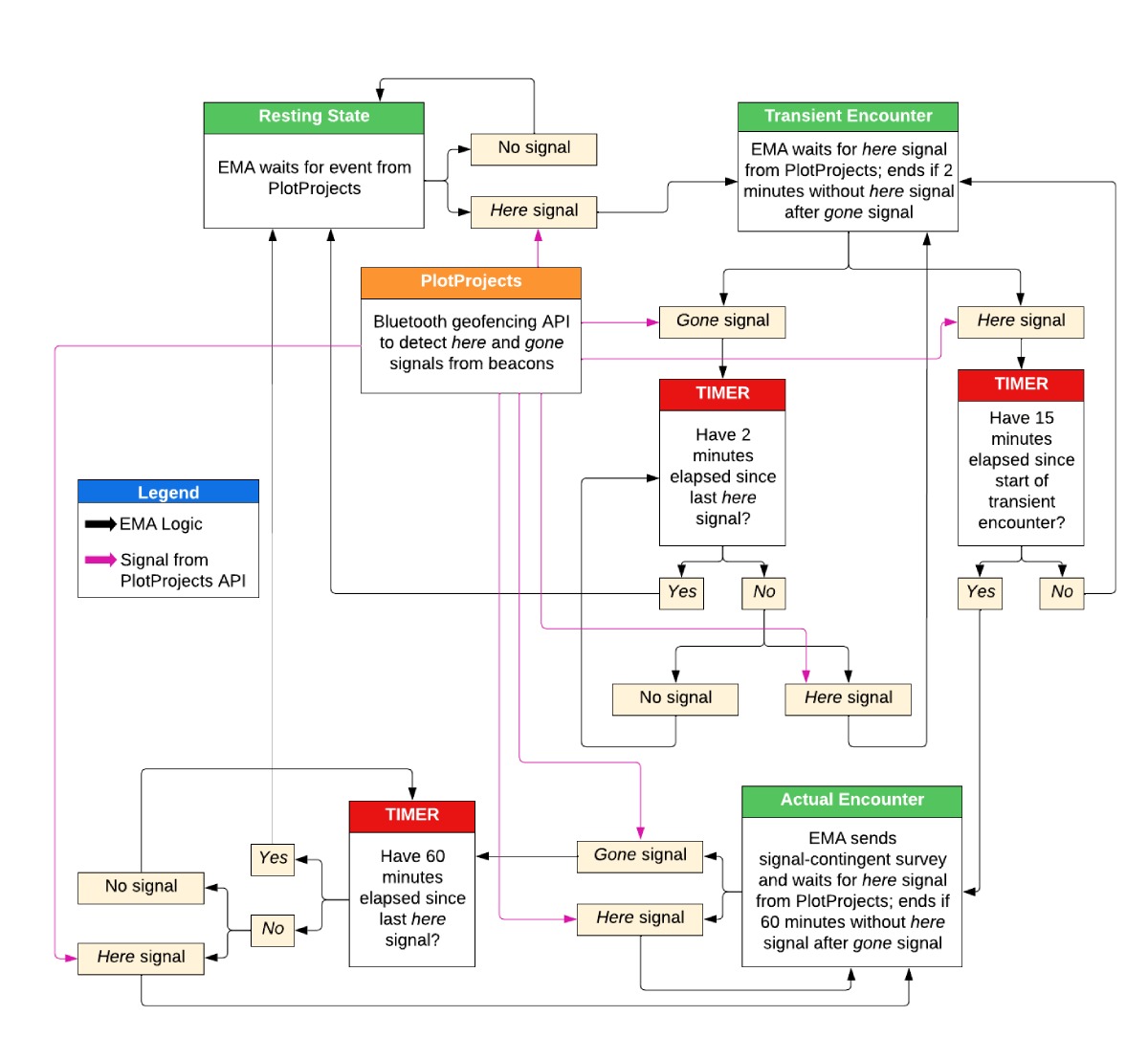New research by researchers from Department of Behavioural and Social Sciences Brown University, USA looks into A Bluetooth-Based Smartphone App for Detecting Peer Proximity: Protocol for Evaluating Functionality and Validity.
The study describes a Bluetooth-based smartphone app designed to detect the physical proximity of peers, particularly to monitor health behaviours like alcohol consumption. The app uses Bluetooth beacons and aims to improve upon traditional Ecological Momentary Assessment (EMA) by reducing reliance on participant self-reporting through the passive detection of social interactions.

The primary objective is to develop and validate a system using Bluetooth beacons to passively detect when two or more individuals are in close proximity. The methodology involves 20 participants aged 18-29 years, using a smartphone app to collect data over three weeks. Participants’ influential peers carry Bluetooth beacons, and the app records when beacons come into proximity.
The technology could have significant applications in monitoring and intervening in health behaviours by providing real-time, accurate data on social interactions that influence these behaviours. This could be particularly useful in developing “just-in-time” adaptive interventions targeted at high-risk behaviours as they occur.
Results from the study are expected to be reported by 2025, with potential implications for enhancing the accuracy and efficacy of behavioural health interventions. The technology and methodology developed could be applicable to a broader range of behaviours and settings where social context plays a critical role in health outcomes.